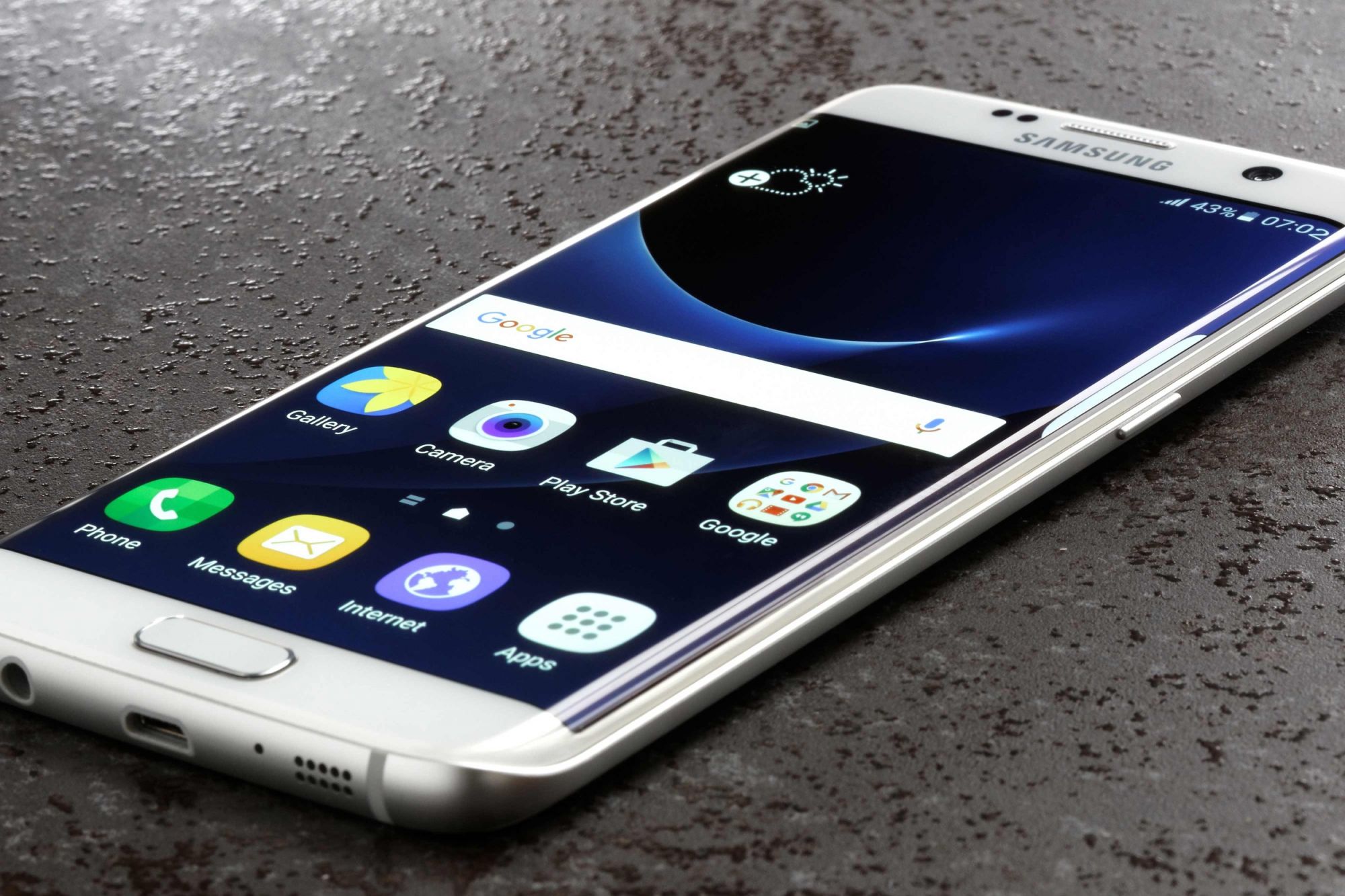3 Key Criteria When Considering Mobility Solutions For Your Business Mobility is on the rise. It's now easier than ever before to stay connected and work whenever, wherever.
By Samsung
Opinions expressed by Entrepreneur contributors are their own.
You're reading Entrepreneur South Africa, an international franchise of Entrepreneur Media.

Mobility has improved the productivity and efficiency of organisations.
Here are three key points that you need to know to make mobility solutions work for your business.
1. Security is a must
Frost & Sullivan recently reported that 98% of employees use smartphones for business, 93% use tablets and 75% use wearable tech. A large percentage of these are personal devices, which raises the question of security.
According to Paulo Ferreira, Director Enterprise Mobility, Samsung South Africa, several factors need to be considered by businesses to overcome the risk of corporate data on smartphones being prone to phishing, malware and spyware.
"If organisations endorse employees using their own devices, they need to ensure that they are able to manage and secure data on these devices," he explains.
"This is not a trivial exercise, and the enterprise mobility strategy needs to take into account the following pillars that will determine the final device approval model."
Manufacturer
Not all OEMs manufacture smartphones that are enterprise-ready. Cheaper, low-end smartphones built with the cost-conscious consumer in mind are not enterprise-ready and don't exhibit enterprise quality features.
Device Model
Only high-end devices will support fingerprint or other biometric authentication hardware. If this is a requirement to ensure strong security, low-end devices should be prohibited from accessing the corporate network.
Operating System
Later versions of Android have support for more enterprise-ready features, for example secure workspaces and data isolation through containerisation.
Enterprise Device Management Support
Devices should be certified for use with third party EMM (Enterprise Mobility Management) solutions. This enables IT to secure and provision data and apps on employees' devices. Regulatory, hardware and software compliance through policies are a must.
2. Improved productivity

If implemented correctly, a mobility solution can result in a huge cost saving for organisations. "With the right foundations in place with regards to CL (corporate liable) and BYOD (bring your own device), organisations can benefit from the advantages of improved employee productivity." says Ferreira. An initial investment is outweighted by the benefits of the right solutions, he adds.
According to Ferreira, there are a number of ways that organisations and employees benefit from mobility solutions. "For example, tablets offer portability, mobility, they're light-weight, offer connectivity in the field, have superior battery life, and are competitively priced.
Employees who benefit from tablets include sales force automation (insurance, sales, financial services, etc.), construction (with the use of rugged devices), professionals conducting surveys, and real estate.
"When employees deploy tablets, productivity is enhanced through real-time access to information, corporate data, and the ability to automate the sales process. The efficiencies of an always-on connected individual empower them to shorten sales cycles, and improve customer experience.
3. Wearable tech supports mobility
Wearable tech enhances productivity by empowering employees to be able to access their contacts, diaries, and even request an Uber from their smartwatch.
"There are numerous ways that wearable tech can be a huge benefit to businesses," says Ferreira.
"In retail it can provide a visual 360 degree experience of a product to a prospective customer. In the automobile industry, a consumer can experience the look and feel of a car internally and externally without having to physically access the car."
Property agents can offer virtual reality tours of new properties, and buyers and rentees can immerse themselves in new buildings before they're built.
The Samsung difference

How is Samsung supporting the move to mobility? "Our portfolio is differentiated through our offerings in the smartphone, tablet, 2-in-1, smartwatch and Virtual Reality categories," says Ferreira.
"Our tablet and smartphone line-up is broad enough to offer technology across the spectrum from the consumer to the enterprise."
Samsung focuses on security. "Samsung Knox is our security and device management solution, which enables organisations to manage these devices securely, and even encompasses newer categories like IoT. Knox is an umbrella portfolio of multiple solutions that assist with the security and management challenges of enterprise customers. The container solution of Knox Workspace allows organisations to elegantly manage BYOD devices by allowing for secure data separation of corporate and private data and apps on a single device."
Contact: www.samsung.com/za/business for more information.













